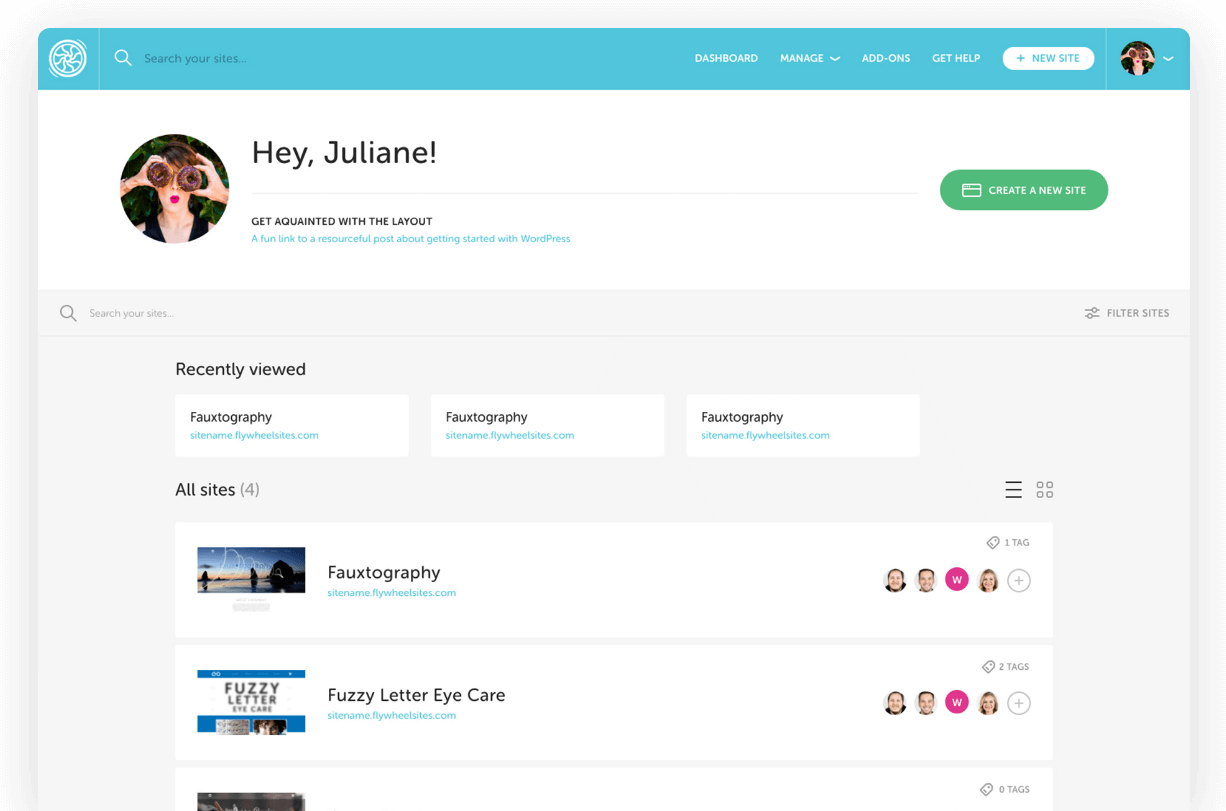XML-RPC on Flywheel
Note
By default, XML-RPC is blocked on all Flywheel sites. If one of your sites needs XML-RPC access, please reach out via chat and one of our Happiness Engineers can enable access to it for your site.XML-RPC stands for extensible markup language remote procedure calls, but for simplicity, we can think of it as the legacy WordPress® API.1 It was a method to allow remote access to a WordPress site for apps and third-party services to manage a site. For example, the WordPress Mobile App, Zapier, or trackbacks and pingbacks.
In WordPress 4.4, they added a new REST API to WordPress core, essentially replacing the need for XML-RPC. However, they still keep XML-RPC around for backward compatibility with some services that might still be using it.
What is an XML-RPC attack?
The main attack on a WordPress site from XML-RPC comes in the form of a brute force or password guessing attack. Because the WordPress XML-RPC path is so well known, example.com/xmlrpc.php, malicious bots will try to detect that on a site, and attempt to guess a username and password for an admin user giving them access to the site.
These brute force attacks can slow down the site significantly from repeated attempts and can have a similar effect as a Denial of Service attack using up server resources, causing a site to go down.
Another non-attack issue that could come from allowing XML-RPC access is trackbacks and pingbacks. They are a way of alerting sites that a post has been linked to from another site. If a popular post was linked to many times, this could also cause Denial of Service to the site.
How does Flywheel protect my sites from XML-RPC attacks?
The number of sites that still need to use XML-RPC has dropped significantly over the last few years since WordPress introduced a REST API. Because of this, at Flywheel, we block XML-RPC access by default for all sites. With that being said, we do still allow access to some well-known services that are still using it.
Need help?
If you have any questions our Happiness Engineers are here to help!
Getting Started
New to Flywheel? Start here, we've got all the information you'll need to get started and launch your first site!
View all
Account Management
Learn all about managing your Flywheel user account, Teams and integrations.
View all
Features
Flywheel hosting plans include a ton of great features. Learn about how to get a free SSL certificate, set up a staging site, and more!
View all
Platform Info
All the server and setting info you'll need to help you get the most out of your Flywheel hosting plan!
View all
Site Management
Tips and tricks for managing your sites on Flywheel, including going live, troubleshooting issues and migrating or cloning sites.
View all
Growth Suite
Learn more about Growth Suite, our all-in-one solution for freelancers and agencies to grow more quickly and predictably.
Getting started with Growth Suite
Growth Suite: What are invoice statuses?
Growth Suite: What do client emails look like?

Managed Plugin Updates
Learn more about Managed Plugin Updates, and how you can keep your sites up to date, and extra safe.
-
Restoring Plugin and Theme Management on Flywheel
-
Managed Plugin Updates: Database upgrades
-
Managed Plugin Updates: Pause plugin updates

Local
View the Local help docs
Looking for a logo?
We can help! Check out our Brand Resources page for links to all of our brand assets.
Brand Resources All help articles
All help articles